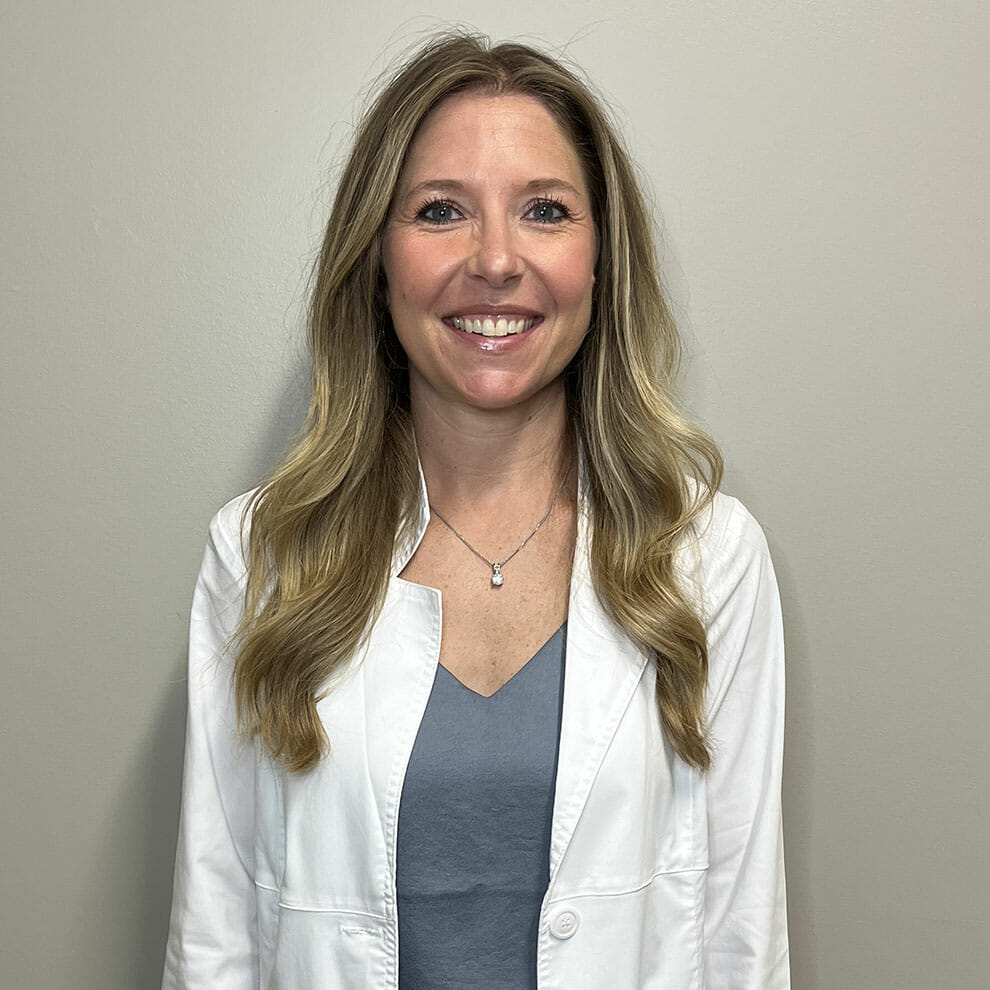
Oral Hygiene & Dental Cleanings
Oral Hygiene is the process of caring for your teeth in order to keep your mouth and gums healthy. Practicing good oral hygiene will not only keep your mouth healthy, but it will also benefit your body as a whole.
Why is oral hygiene so important?
According to Vanderbilt Health, adults over 35 lose more teeth to gum disease (periodontal disease) than from cavities and three out of four adults are affected at some time in their life by this ailment. While some of these dental issues are just the effects of aging, the degree to which it is severe can be greatly decreased by practicing consistent oral hygiene behaviors and seeing Dr. Samela or Dr. Scearce at least twice per year.
How can I prevent cavities and plaque build up?
The best way to prevent cavities and periodontal disease is by brushing your teeth thoroughly twice a day and flossing daily each night before going to bed.
What causes periodontal disease and decay?
Periodontal disease and decay are both caused by bacterial plaque, which forms on your teeth constantly. Plaque is a colorless film, which sticks to your teeth at the gumline. By thorough daily brushing and flossing you can remove these germs and help prevent periodontal disease.
How do I brush correctly?
Using a soft to medium toothbrush positioned at a 45-degree angle where your gums and teeth meet, gently move the brush in small, circular motions. Use light pressure while putting the bristles between the teeth, but not so much pressure that you feel any discomfort. Once the outside surfaces are brushed, don’t forget to brush the inside of the back teeth. To clean the inside of the upper and lower front teeth, hold the brush vertically and make several gentle back-and-forth strokes over each tooth. When it’s time to clean the biting surfaces of your teeth, use short, gentle strokes and change the position of the brush as often as necessary to reach all surfaces. Watch yourself in the mirror to make sure you clean each surface, and when you’re done, rinse vigorously to wash away any plaque that you loosened while brushing.
Should I brush my gums and tongue?
Yes! Lightly brushing your gums will massage them to keep blood flowing and avoid bacterial buildup. Brushing your tongue will wash away potentially harmful bacteria that can lead to bad breath and disease.
What if brushing is painful?
If you experience pain or bleeding of the gums while brushing or have any questions about how to brush properly, please be sure to call us at 317 885-7760.
How does my mouth affect the rest of my body?
The cleanliness of your mouth and gums is directly connected to your entire body, so it’s important to schedule regular cleanings and checkups. If bacteria forms in the mouth, it can enter the gums and eventually your bloodstream, which can cause damage to your overall health.
What if I don’t visit the dentist regularly?
Without proper dental maintenance and regular visits, you run the risk of germs making their way from your mouth to your bloodstream and causing long-term harm. Our highly skilled team ensures that each patient knows exactly how to maintain a healthy dental hygiene.
How often should I visit your dentist?
For complete care, it’s important to visit our office, Greenwood Dental Smiles in Greenwood, IN every six months for a regular dental check-up and professional cleaning.
What will Dr. Samela and Dr. Scearce check for during the exam?
Check-ups often consist of cleaning, periodontal charting, an oral cancer exam, X-rays, fluoride application (Colgate Prevident or enamalon manufactured), dry mouth assessment, signs of decay, signs of discomfort, and more.
What is periodontal charting?
Periodontal charting is a way of measuring the space between a tooth and its surrounding gum tissue. Our dentists, or a member of the team, will gently insert a probe into this space to see how deep it is. The probe functions like a tape measure, with six measurements per tooth. They’ll also check for bleeding of the gum tissue and areas of gum recession (where the gums have receded away from the tooth).
Why would I need an X-ray?
X-rays allow the team to look beyond the surface of the teeth and jaw. They help our dentists identify problem areas and diagnose potential oral care issues early-on that may not be detected to the naked eye.
What is the benefit of fluoride?
Fluoride is a naturally occurring mineral that not only reduces cavities in children and adults, but it also helps repair the early stages of tooth decay. It’s considered the best cavity fighter to keep teeth strong at any age.


